In each of the last two years, we have announced our “15 Over 50” salute. However, again this year, the nominees have been so deserving that we expanded the group to include “20 Over 50.” We were excited about our robust response and the stellar individuals we salute. They range in age from 51 to 75. Some have spent most of their career in news with one organization, and others have progressed through several positions across organizations.
The 20 news media professionals you’ll meet were nominated for their strong work ethic, transformational mindsets, commitment to journalistic and publishing excellence and ability to lead during challenging times. They are optimistic about the future and proud to be part of guiding the next generation forward. We know their passion for this industry will shine through their profiles.
(In alphabetical order by last name)
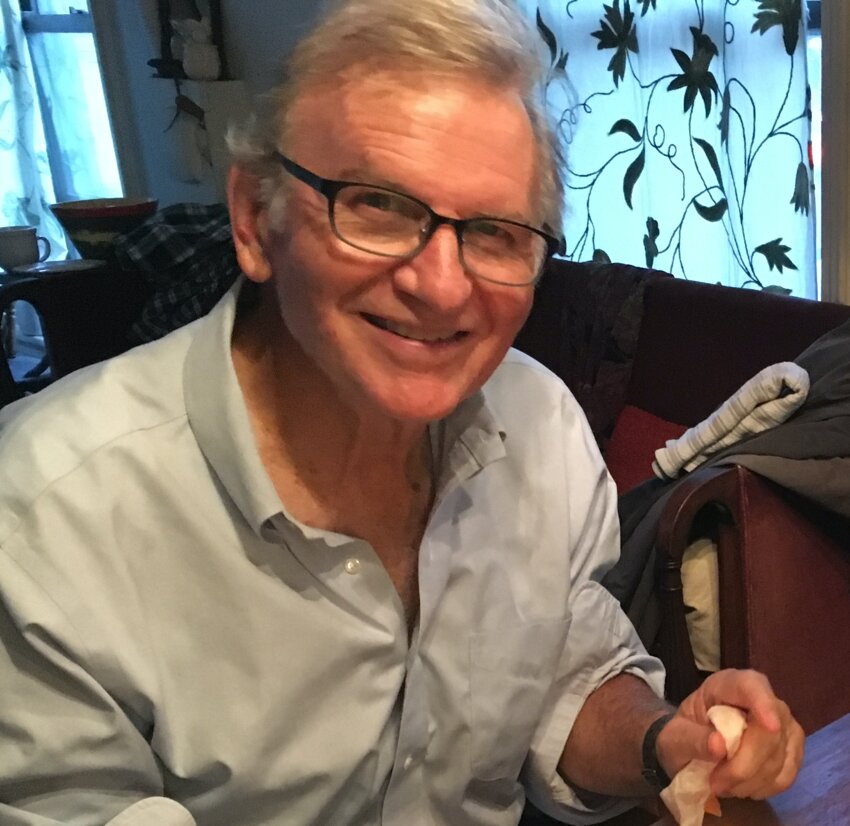
John Coston
Editor-in-Chief, The Lakeville Journal, North Falls Village, Connecticut
First job in news:
I was a reporter at The Watertown Daily Times, Watertown, New York.
What are some of the most important lessons you have learned while working in news?
It's the small things that matter as much as the big ones. If you don’t pay attention to detail, the larger story suffers in the end, as does the newspaper. Everybody’s story counts.
When you reflect on your career to date, what brings you the greatest sense of accomplishment?
Acquiring a lifetime of experience working as a team with reporters and editors to put out a paper day after day, week after week. That especially includes learning to recognize and respect writers’ voices and nurturing those voices as an editor.
What are your predictions for where news publishing/news media is headed?
As long as people want to know what's happening in the world, there will be news to be published. Print papers may become a pricey relic — maybe not as soon as some predict — as the online generation inherits the news landscape. Local news, where I started and now again work, will continue to be valued as a vital way to connect people to their communities and each other.

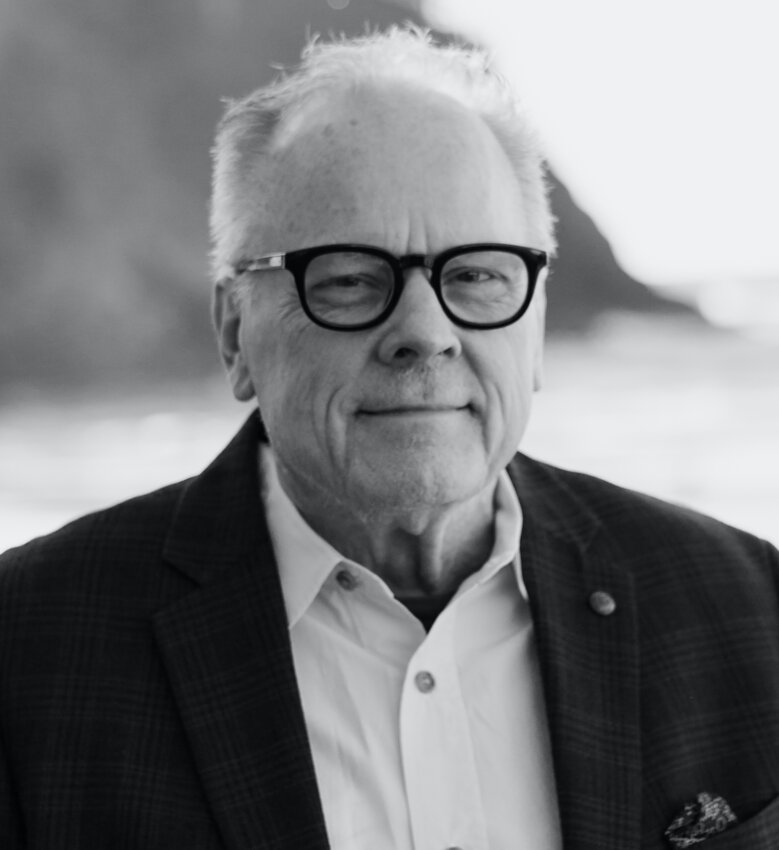
Bill Cummings
President & CEO, NERUS Strategies, LLC, Salem, Oregon
First job in news:
I was a real estate sales representative at The Fresno Bee.
What are some of the most important lessons you have learned while working in news?
Transitioning from leading a creative ad agency to joining The Fresno Bee and McClatchy, I witnessed the contrast between conservative small business owners and liberal-leaning newsrooms. As of 2001, when I shifted to media, revenues were robust, and newsrooms populated. A divide emerged, defending editorial stances against advertisers' viewpoints. With the internet's rise, audience behaviors transformed, affecting relevance. Local coverage suffered amid clashes between advertising and news, impacting circulation. A key lesson: maintain indispensability and relevance, and become irreplaceable to advertisers, despite the evolving media landscape and ideological disparities.
When you reflect on your career to date, what brings you the greatest sense of accomplishment?
Staying relevant amidst media evolution has been crucial. Leading the shift from transactional to transformative local media, I’ve emphasized creativity's significance, ensuring lasting impact. Adapting and embracing change while upholding creative leadership remain essential in navigating the media’s dynamic landscape.
What are your predictions for where news publishing/news media is headed?
I think we may be headed towards a renaissance with news media. The challenge is finding a way to affordably deliver local information in a way that benefits the reader and the small business advertiser. In our business, we appeal to the small advertiser to engage with our "Best Of" programs and other highly vertical features. With more relevance to the reader, it delivers more relevance to the small business. We have adopted an Amazon-like experience for the advertiser, and they are responding. When media options and offerings are simple and straightforward, with clear rewards, there is success.

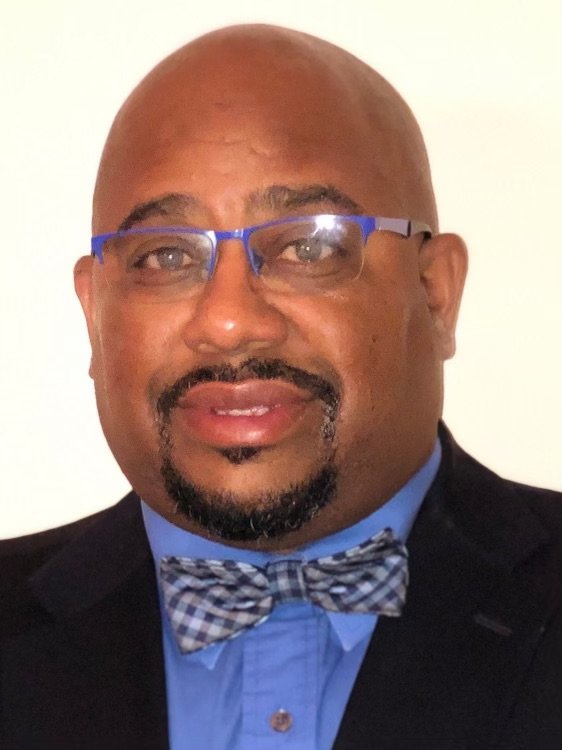
Warren C. Dews Jr.
Vice President and Publisher, Capital Region Independent Media, Clifton Park, New York
First job in news:
Telemarketer for Gannett Suburban Newspapers in White Plains, New York.
What are some of the most important lessons you have learned while working in news?
We work for a product that has been one of the most important brands/businesses in our local market.
When you reflect on your career to date, what brings you the greatest sense of accomplishment?
Making those people that poured into my career proud — especially my parents.
What are your predictions for where news publishing/news media is heading?
We must ensure we remain essential enough that people are willing to support us financially. We also need to give people what they can't get elsewhere — local news. We need to be the company/business/partner in the community that always reaches out to them.

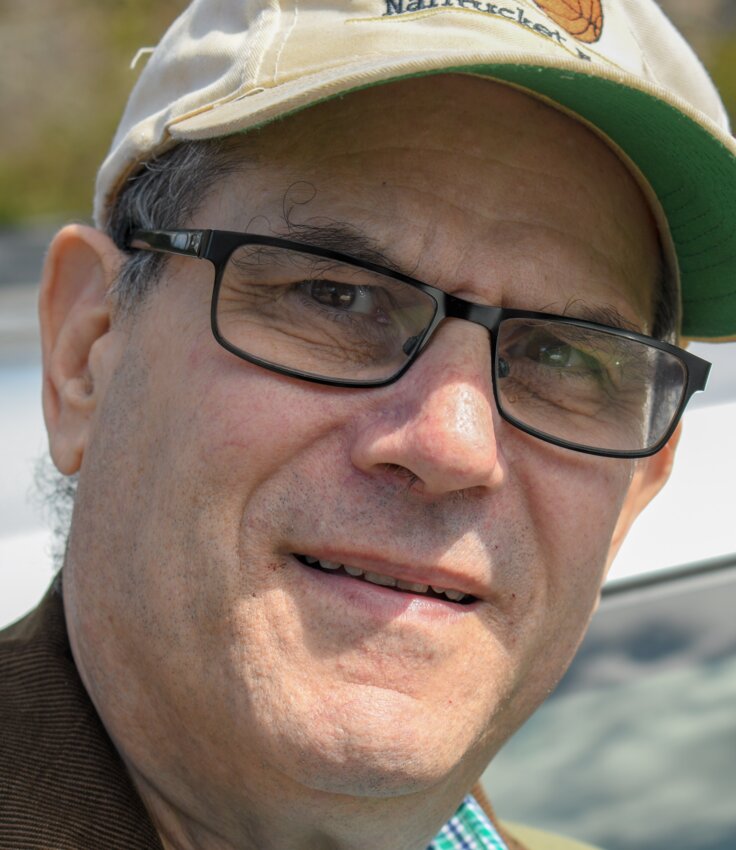
Seth Effron
Opinion Editor, Capitol Broadcasting Company, Raleigh, North Carolina
First job in news:
I was the assistant to the editor (Roy Parker Jr.) at The Fayetteville (North Carolina) Times in June 1974.
What are some of the most important lessons you have learned while working in news?
The best story is the next story you’ll work on.
You work, first, for the readers/listeners/viewers.
Make sure your bosses know you're willing to do and try anything. Exceeding expectations on crappy assignments or tasks leads to more good ones.
Don’t overlook the voices, people and issues others ignore. You’ll learn a lot.
Be comfortable being uncomfortable. Embrace change.
Working harder can (usually) overcome disabilities and deficiencies.
Avoid workplaces that tell you, “We don't do it that way here.”
Working with good people (including competitors) and paying attention to what they do well and how they do it will improve your work.
Work and family are not necessarily in opposition.
Thank the people who help you.
Not necessarily news industry-related: My father ran a family-owned children's clothing store on Main Street in a small city. A local news reporter once asked him who his most important customers were when doing a story on Main Street businesses. He responded it wasn't the wealthiest, most prominent or regular customer. My father said: “The next customer that comes through the door.” Every customer was critical to my father's business and was treated as the most important patron. That was a good lesson for me as I've dealt with a broad spectrum of news sources — none is more or less important than another. All are critical to doing the job well.
When you reflect on your career to date, what brings you the greatest sense of accomplishment?
Having the willingness to do the untested, untried and unusual. Be willing to listen, absorb and filter criticism and advice. Address mistakes and failures. Acknowledge them. It provides the chance to tackle unusual assignments and subjects. It gave me the gumption to quit a news reporting job I enjoyed to launch one of the earliest successful online news ventures — opening up a variety of interesting opportunities as my career developed. Even more significantly, it paved the way for others to develop alternative news ventures.
What are your predictions for where news publishing/news media is heading?
Local broadcast news organizations should be looking closely at the demise of local print news operations in their communities. Maintaining and enhancing revenue models and avoiding the changes that struck print news are critical to not just keeping but expanding local news coverage. Local independent news organizations are key to a community's vitality and sustainability. It will determine whether a community becomes a news desert or a news oasis. A vital locally-based news organization is also an essential ingredient to a community’s prosperity.

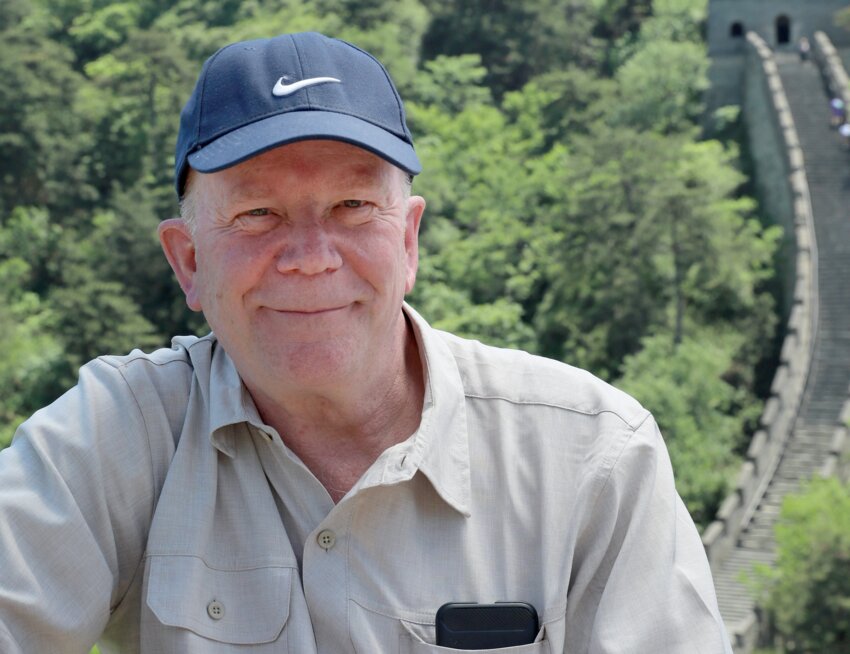
Steve Fidel
News Vice President, KSL.com, Salt Lake City, Utah
First job in news:
I was a photo stringer and courts reporter for The Associated Press while I was an undergraduate in the journalism program at BYU. My fascination with news started with the newspaper route I had in the fifth grade.
What are some of the most important lessons you have learned while working in news?
Fairness and balance never run on autopilot. Transparency works both ways. There is opposition to all good things. People have more depth than they give themselves credit for. Winning, as a journalist, means overcoming the desire for revenge.
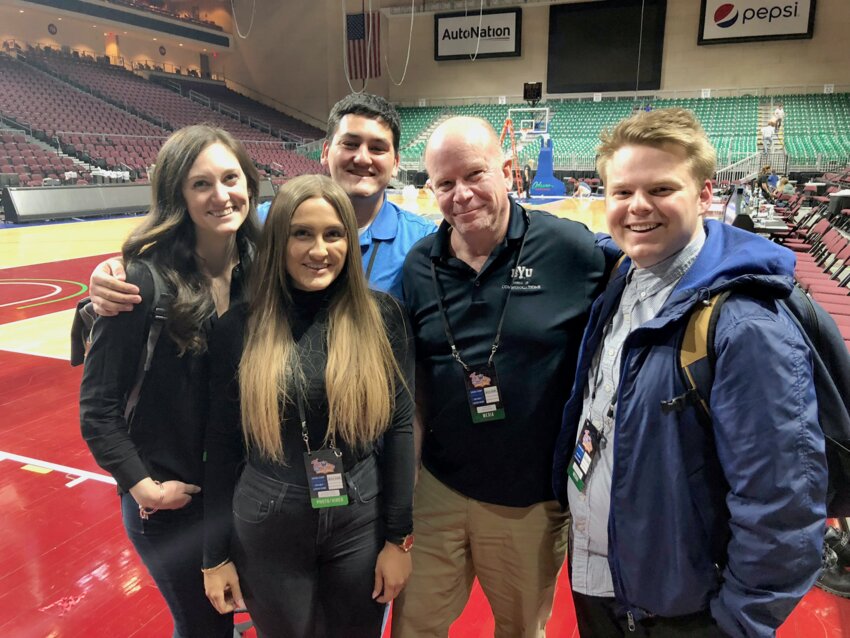
When you reflect on your career to date, what brings you the greatest sense of accomplishment?
I put my most rewarding accomplishments in three categories: Writing stories that have had measurable impacts, being a mentor to journalism students and working in a news organization that is solidly profitable so I can evangelize the idea that journalism is not dying.
What are your predictions for where news publishing/news media is heading?
I am concerned that the discrediting of legitimate news media by public officials and their pundits is destructive to both news consumers and current and potential journalists. Legitimate journalism will continue to be threatened by the many echo chambers that trap people in one point of view. When major news outlets fall into the trap of catering to one audience segment, they lose their objectivity and tarnish the credibility of journalism as a whole. AI is the newcomer in all of that; let’s use it well.

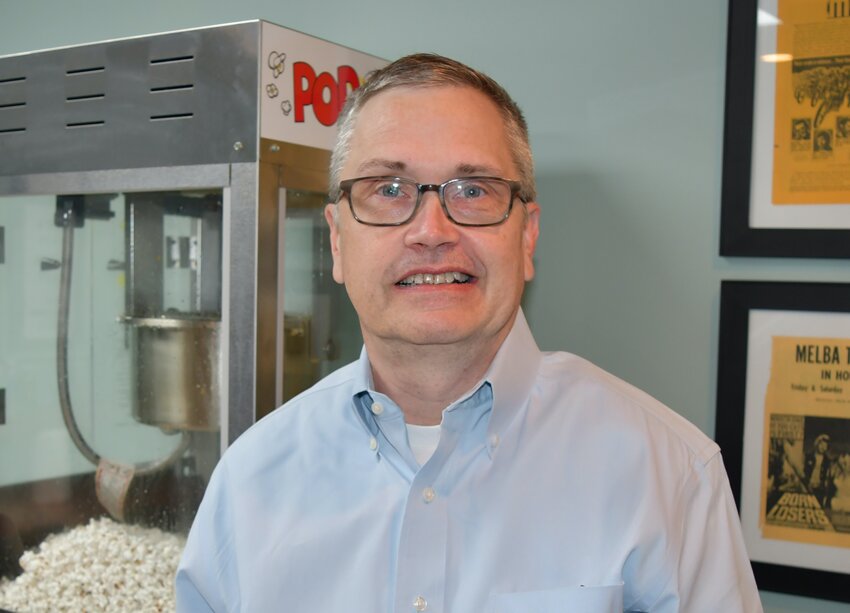
Brad Gentry
Publisher (just retired), Houston Herald, Houston, Missouri — a county-seat weekly in south-central Missouri
First job in news:
At age 15, I worked in the pressroom, mailed the weekly newspaper, and photographed events in the community before graduating. I later earned a journalism degree from the University of Missouri-Columbia School of Journalism.
What are some of the most important lessons you have learned while working in news?
Having colleagues who can adapt to the constant change that has occurred in the industry over the years — from darkroom to digital to desktop publishing. Some of the best employees are constant learners, readers of trade publications and work independently to educate themselves.
The weekly newspaper industry is a true partnership with the community — working together, educating the public about areas where we can do better, celebrating our town’s triumphs and bringing our community together during tragedy. If you are truly engaged, the newspaper is frequently visited by the town’s leaders for advice.
When you reflect on your career to date, what brings you the greatest sense of accomplishment?
Over the last four decades, we’ve provided the leadership and publicity for several projects that made a big difference in our community — renovation of a 1938 movie theatre, turning an early 1900s grocery store building into a visitors’ center and quarters for the chamber of commerce, as well as a downtown plaza and pavilion that host events and the weekly farmers market. Another building was gutted to become the office of the University of Missouri Extension Center. The newspaper completely digitized every issue printed since the late 1880s and created online archives. It is an invaluable resource for readers.
What are your predictions for where news publishing/news media is heading?
More emphasis on digital services to help merchants, robust websites to connect with readers and more video content are needed. It turns our publication into a daily because of the constant website updates throughout the day. That's not to say that county-seat print publications are going away if they serve their communities with dedication and help merchants be successful.

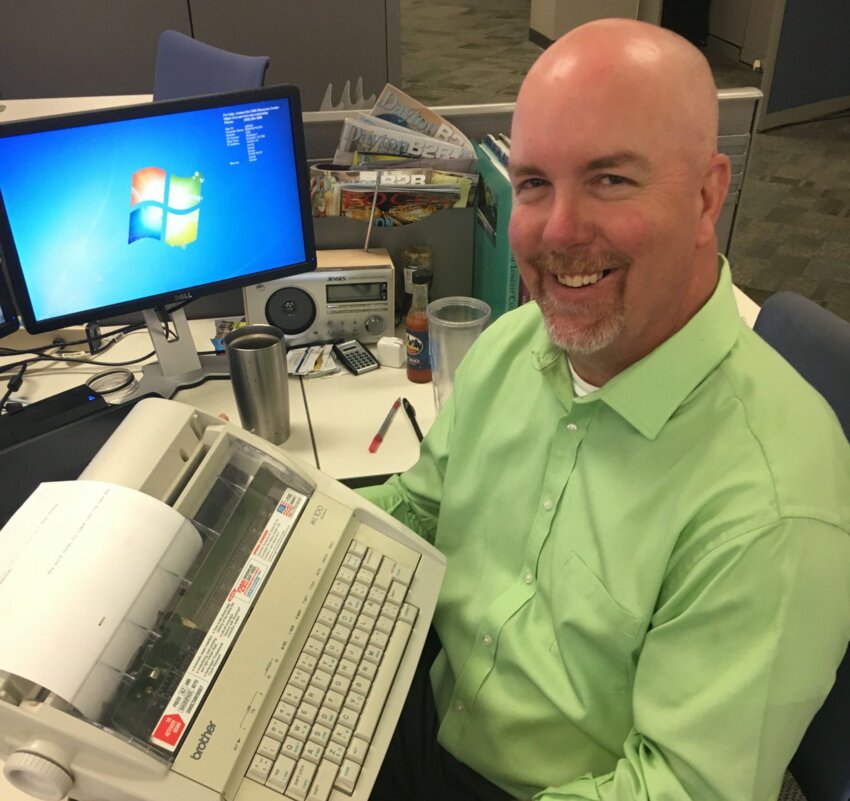
Rich Gillette
Managing Editor, Dayton Daily News, Dayton, Ohio
First job in news:
I was a news writer for the Greenville Daily Advocate, where I cut my teeth on covering high school sports and news in small rural towns.
What are some of the most important lessons you have learned while working in news?
Be curious about everything and be willing to question sources, business leaders and politicians on anything they say. Journalists get the best access. Take advantage of it. Empathy goes a long way for reporters in their reporting and editors when managing their staff. Be willing to roll with change and new technology. When I entered the newsroom, we were still cutting and pasting up stories and photos to publish a newspaper. I led the first efforts to computer paginate that small town newspaper and have been willing to change with every technology change in my 30-year journalism career.
When you reflect on your career to date, what brings you the greatest sense of accomplishment?
I find the greatest sense of accomplishment is when editors or reporters who report to me go on to larger newspapers or other careers and thank me later for something I taught them or what they learned from their experience working with me. It's also a sense of accomplishment when people tell you they don’t read newspapers anymore but will cite a story that was written by your staff.
What are your predictions for where news publishing/news media is heading?
Content and good journalism will always be important. We and future generations will need to continue to figure out to deliver it to people where they are.

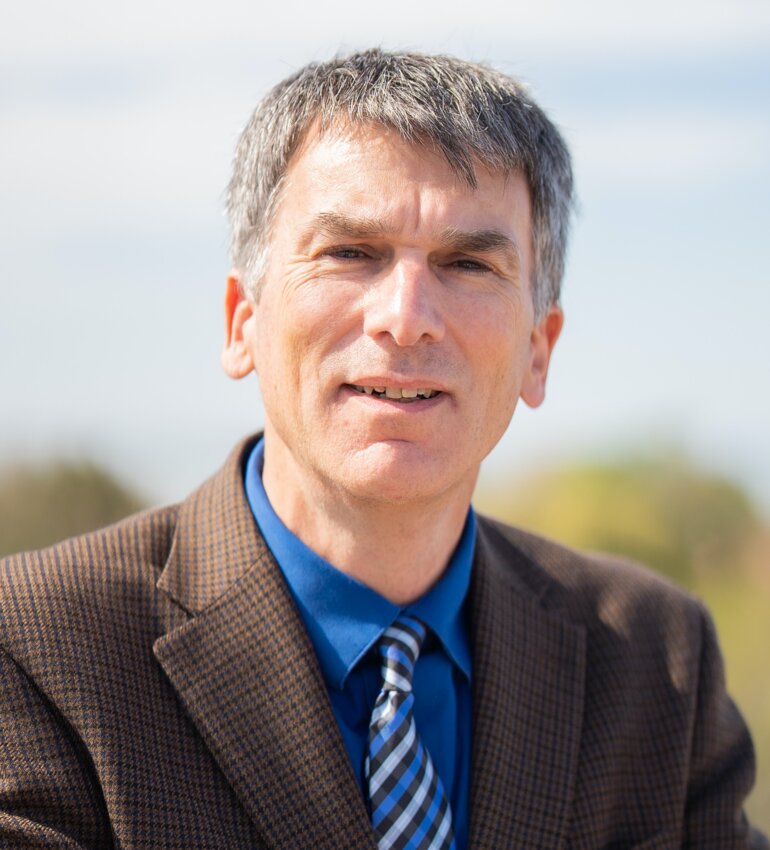
Christopher J. Haraden
Editor, The Hull Times, Hull, Massachusetts
First job in the news:
I was fortunate that the editor of my local newspaper, the Hull Newsweekly, which eventually merged into The Hull Times, decided to take a chance on 16-year-old me when I asked her to teach me to be a reporter. It was one of the most significant decisions of my life.
What are some of the most important lessons you have learned while working in news?
So many reporters were inspired to get into the business by Woodward and Bernstein, but I’ve learned that the less glamorous stories are more important to readers. People want to know what their neighbors are doing, who is getting married, graduating from college or being promoted at work. They also want us to explain the more mundane government machinery and help hold public officials accountable. There is a lot more to being a journalist than just writing a story.
When you reflect on your career to date, what brings you the greatest sense of accomplishment?
I could list stories I’m proud of or times that we beat the daily papers to the street with big news, but those would only be significant to me. The real sense of accomplishment comes from knowing that for the past 37 years, I've helped inform, entertain and educate our readers. Another unexpected source of pride is the positive responses from writing obituaries and tribute pieces. Families really appreciate the effort and care that goes into telling their loved one’s life story.
What are your predictions for where news publishing/news media is heading?
I'm optimistic about the future of local news. Providing specialized content that nobody else offers — not rumors and speculation, but fact-checked material — is tremendously valuable. The challenge is convincing both local advertisers to participate and subscribers to pay a fair rate for quality news. Many news outlets have been hollowed out by sites with free news and ads online; the way back to profitability will require a consistent effort to prove our value and convince our communities that local news professionals are worth supporting.

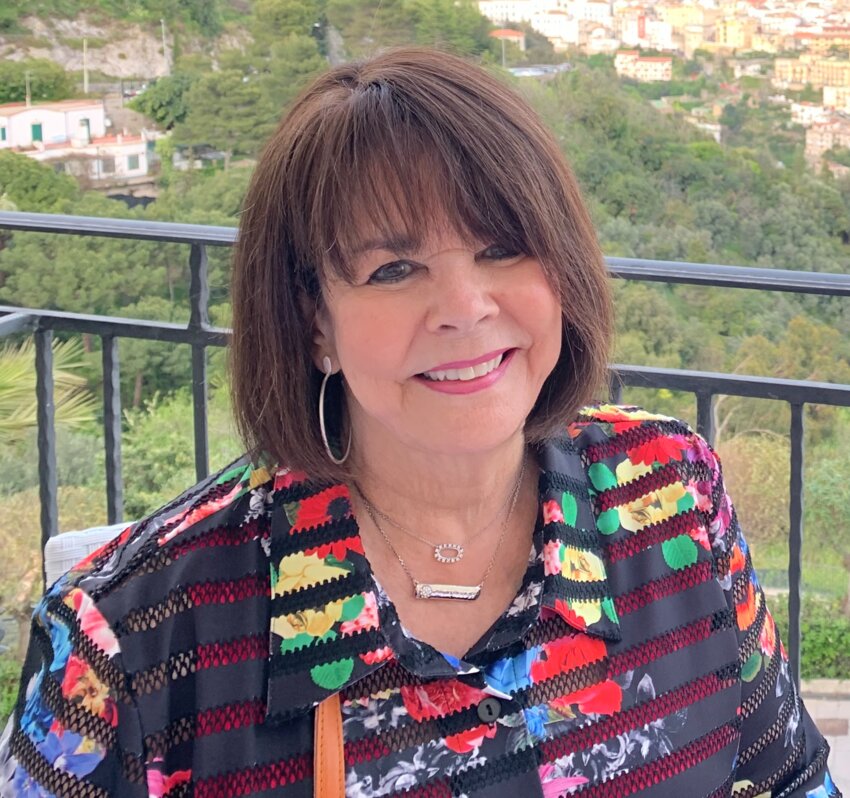
Linda S. Hicks
Co-publisher (1983 – 2012) with my husband and publisher (2013 – 2021), The Lone Grove Ledger, Lone Grove, Oklahoma
Assistant (2022 to present), Marietta Monitor, Marietta, Oklahoma
First job in news:
It began on January 6, 1983, when my late husband, Gary K. Hicks, and I published the first edition of The Lone Grove Ledger.
What are some of the most important lessons you have learned while working in news?
Never be scared to report the truth, no matter how controversial/uncomfortable it may be. Do not become best friends with city hall or any other public figures because one day, you could be faced with maintaining your integrity or sweeping the public’s right to know under the rug. Never make excuses or try to blame someone else for an error. Always be humble, apologetic and don’t bury the correction where people are not likely to read or hear that someone in your news organization got it wrong. We are human, and there is not one business that hasn't made a mistake. It just stands out more in the news. Become a fixture in the area in which you disseminate the news. If people know who you are, work with you on civic projects, etc., they come to trust you as the source of news and know they can turn to you to report a story fair and without bias, which should be every reporter’s standard. Don’t be a lazy reporter. Not everyone tells you the truth. Do your own research. Eventually, you’ll be able to recognize a smoking gun.
When you reflect on your career to date, what brings you the greatest sense of accomplishment?
Being able to come to the aid of the people in our area whose need was met by having their stories told to bring awareness to their situation, whether it be needing assistance for a lung or liver transplant, finding a missing child, or picking up trash in the park. It comes down to bringing the community together to get what matters done, no matter how large or small the challenge.
What are your predictions for where news publishing/news media is heading?
As older people die off, most news will have to go online or on social media because that is where the younger generation resides. If the internet ever goes down for any length of time, we will have to call Paul Revere to ride once again, bellowing out the critical news until someone figures out how to turn on the presses.

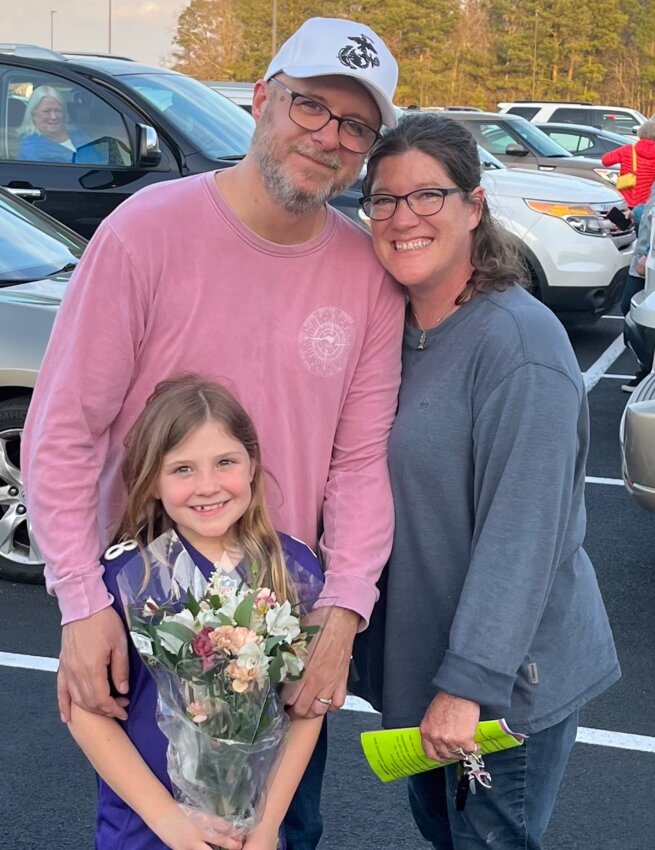
Darin J. McCann
Executive Editor, Coastal Point Newspaper, Ocean View, Delaware
First job in news:
I started as a sports reporter, eventually settling into “cops & courts” coverage before becoming a full-time editor in 1999. I've been at Coastal Point since we launched in 2004.
What are some of the most important lessons you have learned while working in news?
I always think today’s lesson is the most important of my life — whatever that may look like. The lessons I most consistently rely on are probably the most basic: Get it right, ensure you have it right and share it with the readers concisely. Always traffic in truth.
When you reflect on your career to date, what brings you the greatest sense of accomplishment?
We’ve been named News Organization of the Year for our division twice in the last three years by the Maryland-Delaware-DC Press Association, and that speaks to the kind of staff we’ve assembled and an environment we've built that is conducive for our journalists to succeed. But I get satisfaction from hearing from people in our community that we’re fair. I can never get enough of that, to be honest with you.
What are your predictions for where news publishing/news media is heading?
It’s hard to predict where the industry is heading because how people consume and share information is constantly transforming, but we better stay on top of it if we wish to remain relevant. We need to see these newer information streams as benefits in providing us with more methods to relay important information to our audience instead of some sinister digital enemy stealing our market. We need to maintain our standards of accuracy and fairness and be the voice of reason in an increasingly hyper-partisan world around us. We can “fact-check” all we want. If people don’t believe us, it doesn’t matter.

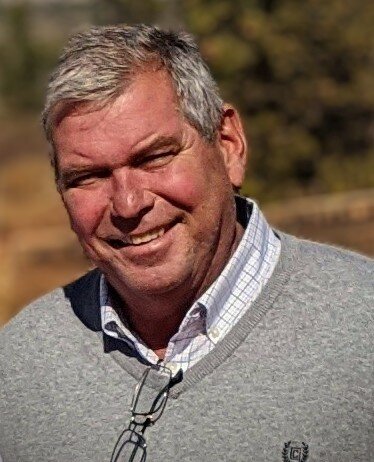
Don Miller
Publisher Owner, Miami Valley Newspapers, Miamisburg, Ohio
First job in news: Ad Sales
What are some of the most important lessons you have learned while working in news?
Integrity — news is news that must be covered unbiased and fairly. We are responsible to the communities we serve to inform them what our local governments are doing.
When you reflect on your career to date, what brings you the greatest sense of accomplishment?
I successfully managed newspapers during some very challenging times. I was also the youngest publisher at Thomson Newspapers at age 29.
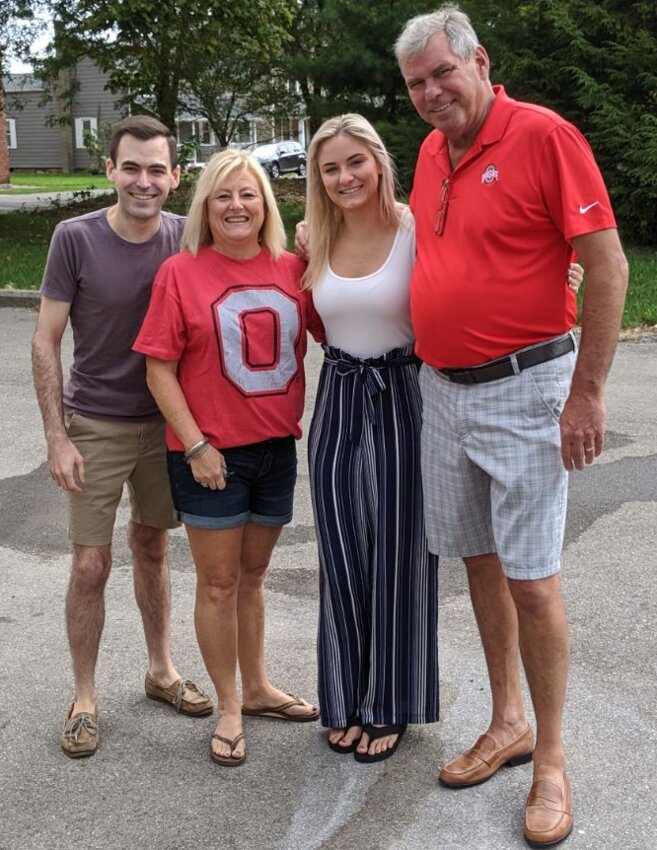
What are your predictions for where news publishing/news media is heading?
Ultimately, we all know we need to go digital eventually, but can we survive all digital? I think newspapers spent too much emphasis in the past, focusing on the 50% profit margins and not reinvesting in the editorial product. That is our franchise, and the large consolidations by large corporations in the industry have stripped our newspapers of editorial resources that were the foundation of newspapers. I am also concerned that newspapers are sensationalizing headlines to compete with social media, which is another hit to our credibility. Local, Local, Local. We owe it to the communities we serve to hold accountable all the small governing bodies within our communities. We must do a better job if we want to stay relevant. At this point, people will still subscribe and read a printed product if we put something in the newspaper that is relevant and worth reading.

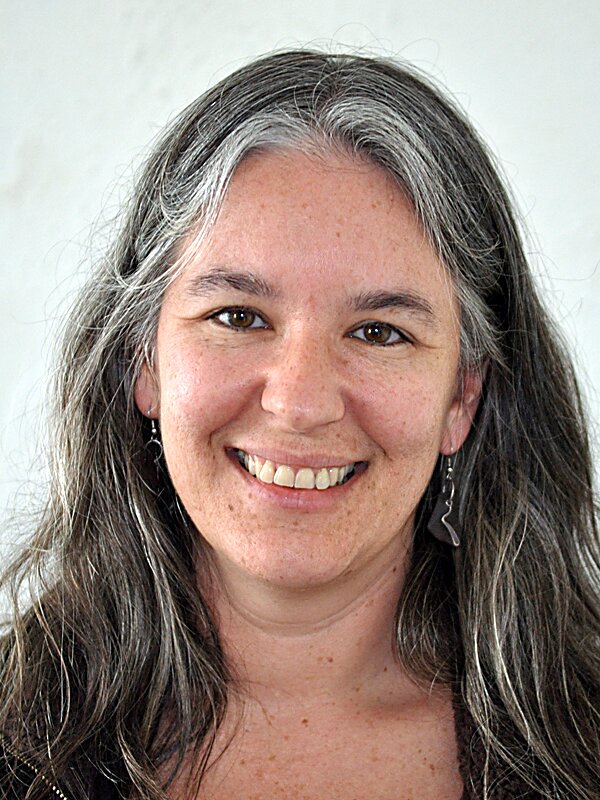
Sharon Richman
Owner and CEO, Electric Valley Media with two publications: Shawangunk Journal in Ellenville, New York, and Kingston Wire in Kingston, New York
First job in news:
My first job in the news business was starting the Ellenville Journal, later renamed the Shawangunk Journal. The fact is that I wanted a good local news source, and my new hometown didn’t have one. My background was in fine arts, mathematics and computer science, so I found strong partners to sell ads, edit and report, and I handled the backend. We’ve been blessed to have many extraordinary individuals, both under our employ and not, help us over the years.
What are some of the most important lessons you have learned while working in news?
The most important thing I’ve learned, bar-none, is to keep it local. That’s what our readers want, and that’s the content with the most impact. The second most important lesson we learned the hard way is money isn't everything, but it's always best to get paid upfront.
When you reflect on your career to date, what brings you the greatest sense of accomplishment?
The software powering our print and digital publications was a real game changer for us. We built it ourselves, and it provides us with monthly revenue growth through multiple products: subscriptions, per-article purchases using micro-payments, sponsored content and advertising. I'm very proud of our forward-thinking while designing and implementing this new platform — The Atlantic profiled us and its innovations — and other publishers now use our system too.
On a more personal note, I live in a very rural environment and hardly knew my new hometown when we started the paper. My kids were three and five-years-old back then, so I had to integrate the paper into my family life and vice versa. The paper provided my kids with untold experiences, such as meeting interesting people, starting their own high school newspaper and learning about their hometown — school, government, local businesses and so much more. Providing all that for my kids — and myself — while at the same time giving my community all the news it needs to thrive really does it for me. The work is fun, challenging, chaotic and fulfilling. Is that having it all? Despite the economic hardships, I say, “Yes!”
What are your predictions for where news publishing/news media is heading?
Coming from a computer science background, I often wonder why it took so long to start our digital offering. But our hard paywall could never have worked back in 2009; nobody would pay for news back then. Finally, it is a huge part of our budget — people are happy to pay for quality local news. But with ad revenue declining and young people obsessing about social media, philanthropy is where news media is heading. We ran a successful fundraiser this year, and I see that being necessary every year. As long as we remain relevant, trustworthy and credible, we will survive.

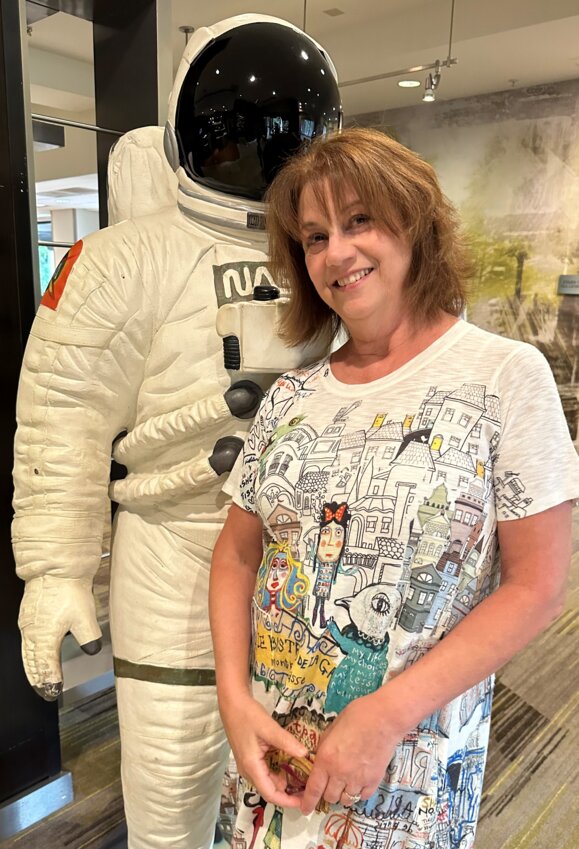
Helen Smetters Trask
SVP Consumer Marketing and Revenue, Gannett, McLean, Virginia
First job in news:
I started as a sports journalist in 1982.
What are some of the most important lessons you have learned while working in news?
Fact-checking goes way beyond the world of storytelling. When I moved from the content to the business side of publishing, very little testing and analyses were being done. This has significantly changed over the decades, causing data-driven decisions to power the evolution of our industry.
When you reflect on your career to date, what brings you the greatest sense of accomplishment?
My contributions to data and analysis most likely, but truly that would have evolved with or without me. I would like to believe that I’ve made a difference in the lives of others who have also committed their careers to serving our communities through journalism. What we do is hard, yet the rewards are great. My team has often remarked that they look forward to my annual Thanksgiving speech. It's when I remind them to look back at what has been accomplished in the last year and to take the holiday to appreciate what's most important — family. Every year, about two-thirds through my speech, my voice trembles, and tears make their way down my cheeks. Our people are real. Their accomplishments are real. Their dedication is real. Their results and impact are tangible. Our readers and the communities we share are better because of our efforts, and nothing is more personally rewarding.
What are your predictions for where news publishing/news media is heading?
If there is one thing I’ve learned, it’s not to predict the future of news publishing. What journalists do is as vital today — maybe more so — as it was 40 years ago when I joined the industry. Platform experiences will continue to evolve and how we gather news will continue to expand, but what it means to our communities will always be important to our society.

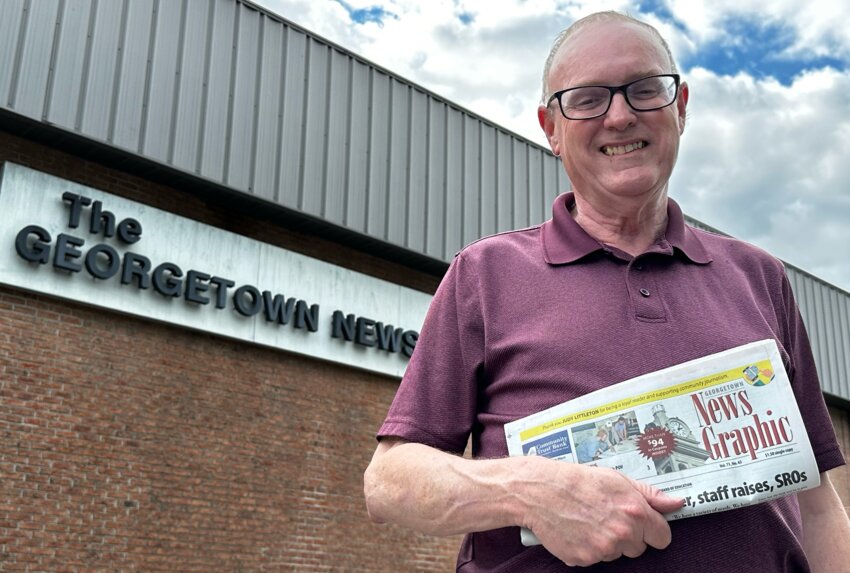
Mike Scogin
President, Georgetown Newspapers, Inc. and Publisher and Editor of the Georgetown News-Graphic, Georgetown, Kentucky
First job in news:
When I was about 10 years old, I approached Bob Morrissette, who owned The Atmore Advance in Alabama. I provided some trivia fillers he used in the newspaper. Eventually, I held every job available at the Advance, from sweeping floors to the publisher. It was a great start.
What are some of the most important lessons you have learned while working in news?
As a reporter, I learned to find the right people and listen. The best news stories I covered came because I listened to someone. As a publisher, I have learned to surround myself with good people and stay out of their way. I have been blessed to work with some incredibly talented people now and over the years.
When you reflect on your career to date, what brings you the greatest sense of accomplishment?
Looking back, I guess my greatest accomplishment comes from two areas. One is when something changes for the better because of something you wrote, but I am most proud when people I have worked with reach a goal or realize a dream. I feel incredibly proud if I had a small part, but I enjoy seeing people happy and enjoying what they do.
What are your predictions for where news publishing/news media is heading?
Journalism is not going away. It is too important to our society. I believe journalism is a calling. It is not easy, but I believe the profession is noble if done well and ethically. How people obtain the news may change, but I believe in newspapers and newspapers will be around for a long time.
I believe a lot presented as “news” or “journalism” is bogus. Broadcasts are presented as news shows when they are nothing more than commentary. Some articles published clearly have a bias — which is different from an article that presents facts and backs those facts up with good, reliable sources. Commentary is fine and necessary, but it must be presented for what it is. It has become so common, many in the public cannot always discern the difference between news and commentary.

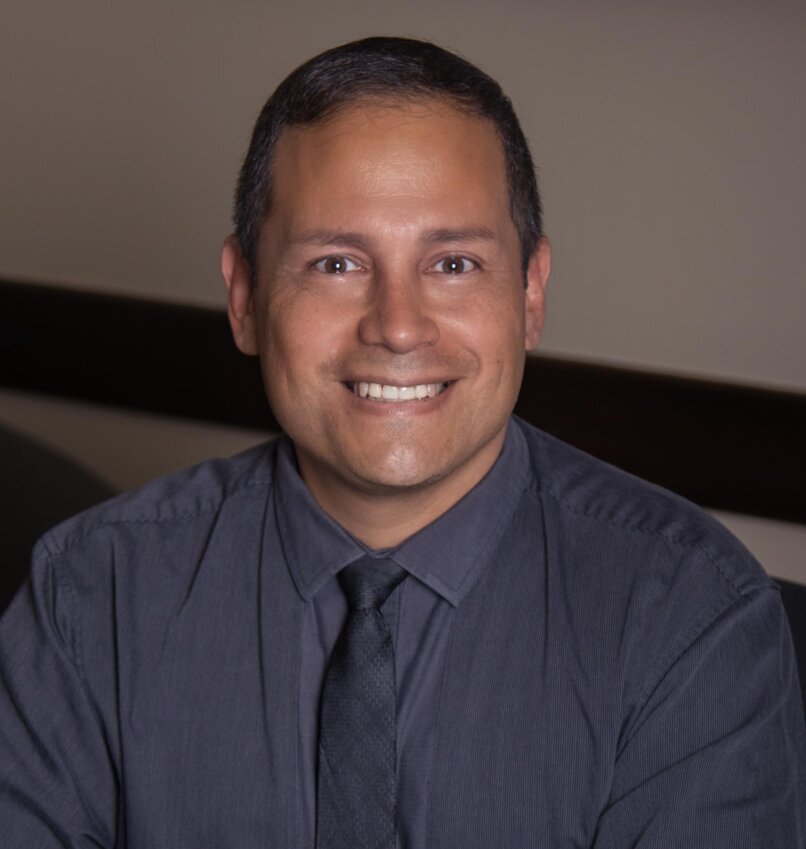
John Sotomayor
Publisher and Editor-in-Chief, Sotomayor Media Creations, LLC, dba Embrace Magazine, Ocala, Florida
First job in news:
ETV, entertainment news reporter
What are some of the most important lessons you have learned while working in news?
To be successful in the news industry, one must always remain current on the topics one covers. As the publisher and editor-in-chief of EMBRACE, an LGBTQ+-oriented publication with content that appeals to all, LGBTQ+ and straight alike, I make it a point to stay alert of the important areas we cover specifically for the LGBTQ+ community, namely — issues and politics, international news, religion news, travel, arts and culture, style and trends, activism and charity and events. It is essential to remain objective and utilize multiple points of view for well-rounded coverage your audience will respect and admire as reliable, thus establishing your coverage as the paper of record.
When you reflect on your career to date, what brings you the greatest sense of accomplishment?
There have been many, but perhaps the most impactful was making history through EMBRACE magazine several times. For instance, in 2021, as the first ever LGBTQ+ publication granted membership by the Associated Church Press, which was established in 1916. And, also in 2021, the first-ever LGBTQ+ magazine member of the Florida Magazine Association, which was established in 1953. As members of the FMA, we have made history several times. We were the first startup magazine to win Charlie (first place) in Best New Magazine and Best Overall Magazine, then Magazine of the Year 2021 simultaneously — in our inaugural year! We won 22 awards in total that year. Many believe that record will never be duplicated. In 2023, we won Magazine of the Year again. We are the first startup to accomplish this, the second magazine in FMA history to earn MOTY twice, and the first magazine to achieve Charlie (first place) in all four Best Overall categories: Magazine, Writing, Design and Digital Innovation. These achievements led to such highly visible profiles by the Poynter Institute of Media Studies; Mr. Magazine, Samir Husni; and now, E&P Magazine.
What are your predictions for where news publishing/news media is heading?
I believe news publishing and media will become even more multimedia, offering intersecting print content, photography and video. That includes magazines. Embrace Magazine has evolved to Embrace Media, comprising Embrace Magazine, Embrace On-Air and Embrace TV. Embrace On-Air began as a radio show collaboration with WOCA 93.6 FM/1370 AM to offer supplemental content to the magazine. The idea was a 30-minute segment that seemed like the network TV program “60 Minutes,” utilizing the three features in the magazine as the content. It transitioned from a radio show to a podcast, now collaborating with Locala Podcast. Embrace TV comprises video content either produced entirely by Embrace Media or in collaboration with our feature and department content sources. All can be found on our website, www.embracemedia.us.

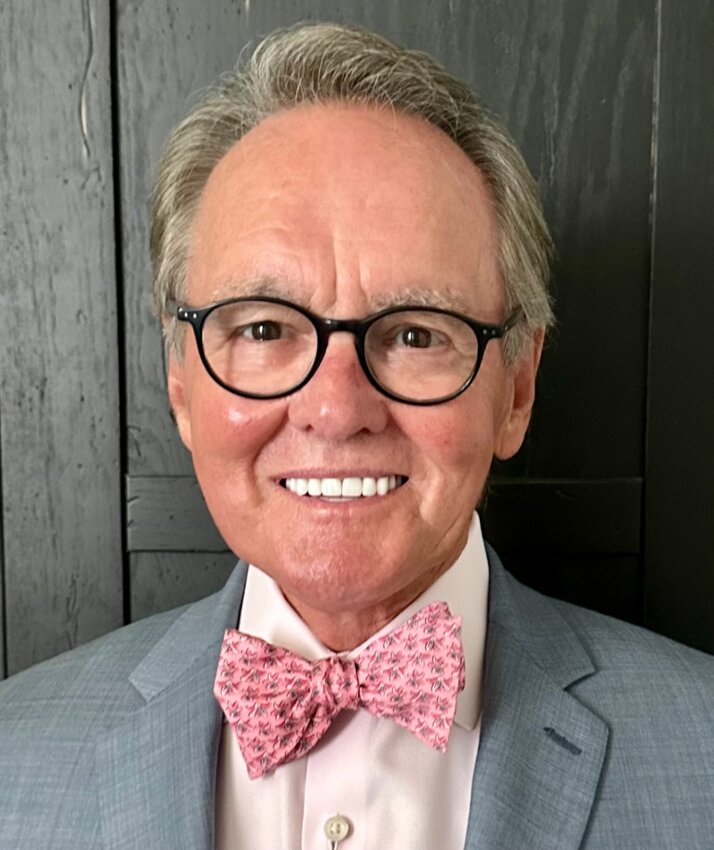
Dennis Wade
Publisher, Coastal Bend Publishing, Beeville, Texas — publisher of six weekly paid community newspapers, a lifestyle magazine, an umbrella website and an indoor digital billboard network.
First job in news:
Advertising sales
What are some of the most important lessons you have learned while working in news?
What we do matters greatly and is mission-critical to a thriving community. People must understand and accept that if they want a trusted community newspaper, they must be willing to pay for it, monetarily and supportively.
When you reflect on your career to date, what brings you the greatest sense of accomplishment?
There is nothing in leadership that is more gratifying and fulfilling than being directly involved in the professional growth of others.
What are your predictions for where news publishing/news media is heading?
The community news media business is very challenging. Therefore, we must continually shout the value and importance of businesses and organizations utilizing our products to message their brands while enjoying the additional and important benefit of supporting local journalism.

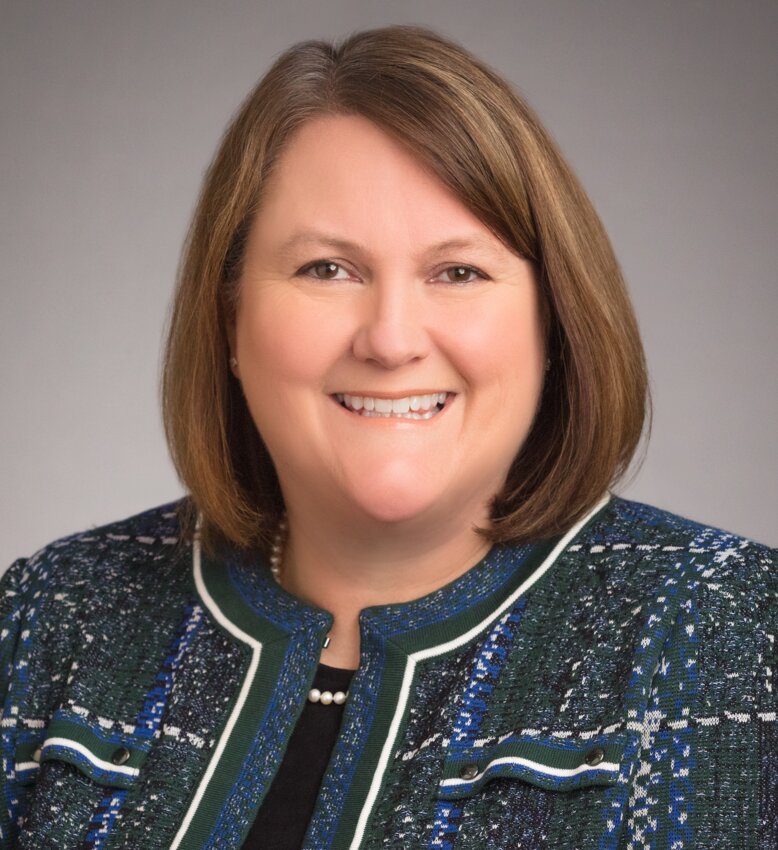
Sarah Jane Weaver
Deseret News Vice President and Church News Executive Editor, Deseret News, Salt Lake City, Utah
First job in news:
Pulliam Journalism Fellowship with the Arizona Republic in Phoenix.
What are some of the most important lessons you have learned while working in news?
The most important lessons I have learned while working in the news industry include:
When you reflect on your career to date, what brings you the greatest sense of accomplishment?
My most significant accomplishments include working with a team of professionals to help the Deseret News transition from a daily print newspaper to a digital media company with broad reach and influence. This includes responsibility for the growth of a key product, the Church News. Once a weekly print tabloid, the publication that highlights news and events of The Church of Jesus Christ of Latter-day Saints has grown to include a rebranded print product and website, translation into Spanish and Portuguese, an app, a podcast, social media accounts, daily and weekly newsletters and video production.
What are your predictions for where news publishing/news media is heading?
There has never been a time in history when the truth was more needed. Trusted news brands and products will be essential in a world defined by artificial intelligence and media polarization.

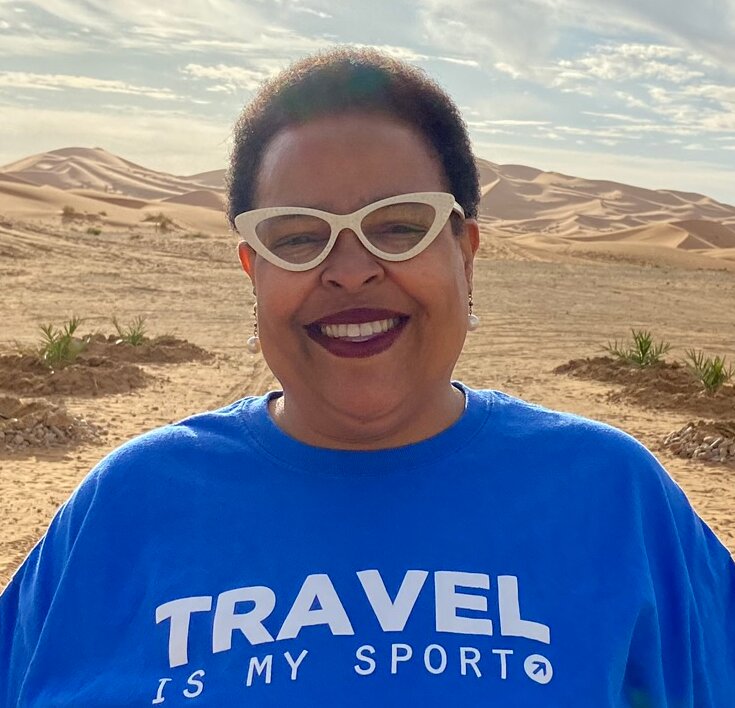
Benét J. Wilson
Director, Poynter-Koch Media and Journalism Fellowship
First job in news:
I was a reporter for the Employment and Training News, published by BNA (now Bloomberg Industry Group).
What are some of the most important lessons you have learned while working in news?
Keep learning. I started my career on a typewriter and am still working today because I'm always learning new things. Nurture and grow your network. Thanks to mine, every job I've had since 1992 has been because of my network. Know your worth. Don’t be afraid to negotiate salary and perks when offered a new job or a promotion.
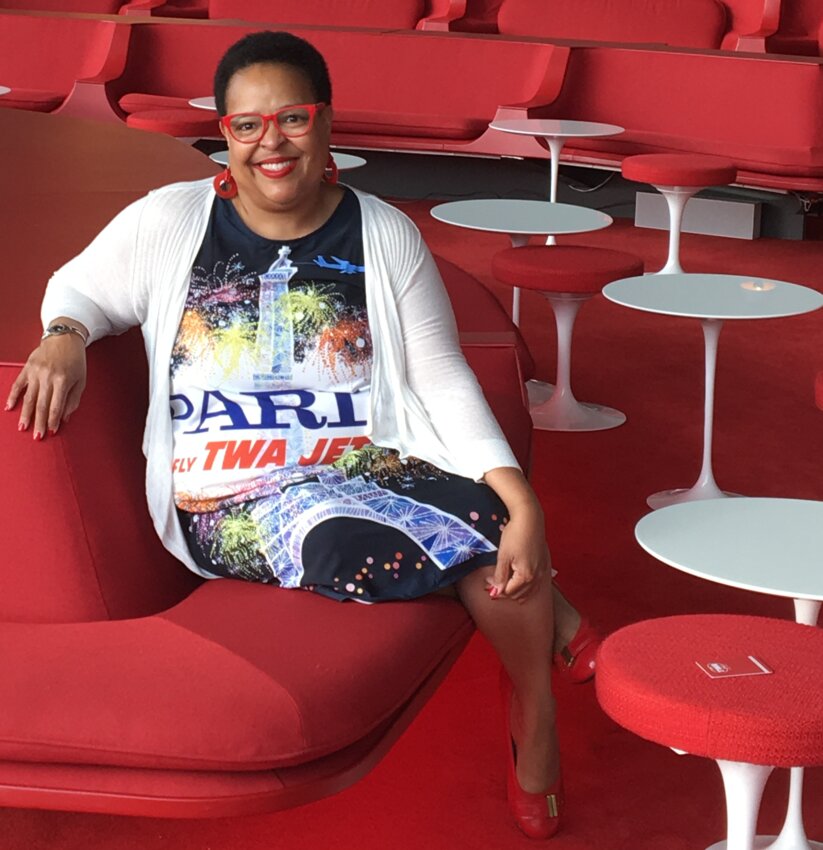
When you reflect on your career to date, what brings you the greatest sense of accomplishment?
Hands down, it’s the hundreds of people I've mentored during my career. It brings me such a sense of accomplishment and pride because so many of them are doing well in their careers and paying it forward.
What are your predictions for where news publishing/news media is heading?
I see more focus on local and issue-specific news. The time for general assignment reporters at legacy print publications is fading. Readers are more sophisticated and demanding about the news they want to read. The legacy outlets that will survive are the ones that fully embrace digital, pay employees what they're worth and be laser-focused on the needs of the communities they serve.

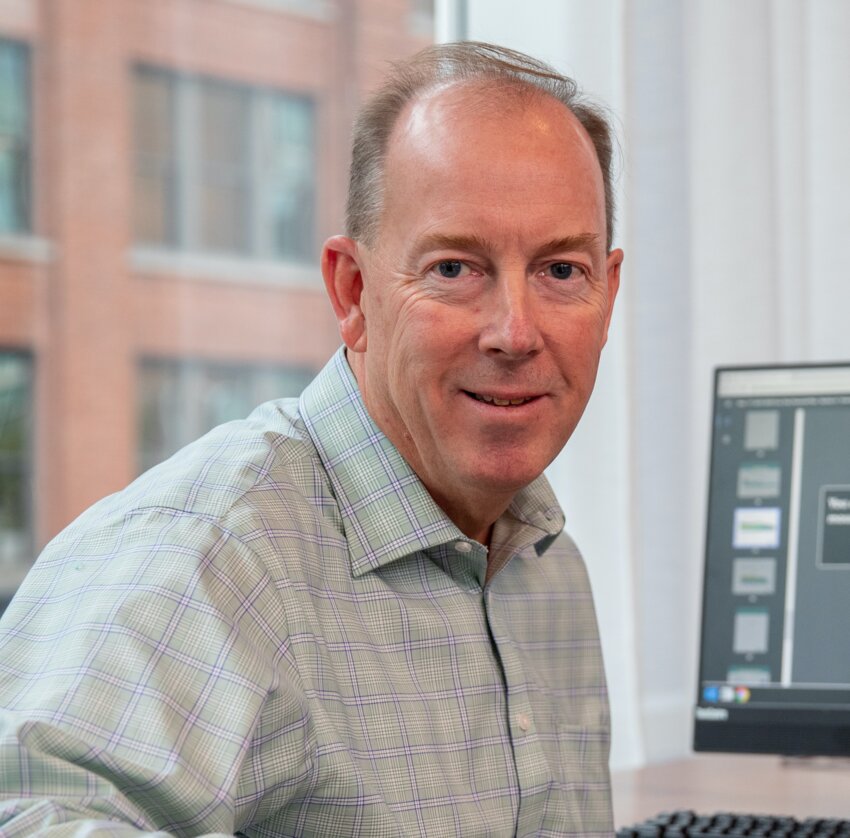
Alan Wooten
Managing Editor, Franklin News Foundation and its flagship project, The Center Square, Chicago
First job in news:
It was as a sportswriter at The Farmville Enterprise before college and then at The Wilson Daily Times after college.
What are some of the most important lessons you have learned while working in news?
People — Each has a unique story to share or tell. As journalists, we are entrusted not only by them but also by the audience we deliver to. It sets us apart from the megaphone world that purports to serve up news and information.
Teams — There’s been a team at every stop along the journey. College and high school football taught great lessons on teamwork, and my love for golf always reinforces integrity. Both of those are in my journalism. Wonderful leaders shaped me, and there's heartfelt gratitude for Jim Hockaday, Tom Ham, Patrick Holmes, John Huff, John Rains, Tom Mayer, James Edwards, Bill Horner III, Lorry Williams, Denise Ward and Scott Champion, and even more so to my brother Eddie Wooten. There would have been no career here without Eddie, Mr. Hockaday and Tom.
Journalism — It’s important, useful or entertaining, and sometimes a combination. Those guideposts always shaped the front page and what was inside the newspaper, too. Today, amid so many industry changes, those are good to remember as we do our work. Each time someone hears a description of what we do at The Center Square, it’s refreshing to hear there’s an appetite for how we do it.
Change — Life’s most consistent rule is it constantly changes. And our industry has been changing ever since the first printing press. For various reasons, It seems to be more visible to so many today. Rest assured, every industry changes. Being flexible to meet those challenges is pivotal for success. Even a self-described “old-fashioned editor” has allowed himself to “think outside the box” and find he likes it.
When you reflect on your career to date, what brings you the greatest sense of accomplishment?
Even before becoming a sports editor in 1994, people were around on our teams to help in different ways. Three decades of management have brought more opportunities, and seeing others move on to greater successes — even if not in my industry, instead choosing another — has brought great joy. When my experiences can be shared in a way that helps another on my team, there’s great joy. And when in a coachable moment with a colleague, those “light bulb moments” never get old.
What are your predictions for where news publishing/news media is heading?
Hopefully, it is heading for a rebirth into where we started. Getting there is a heckuva challenge. The polarized sides that tell many what they wish to hear and then are not properly questioned by the audience serve only to keep us distant as people and uninformed. Information, after all, is the heart of what we do. Truth and honesty in the media, with real reporting of facts, are greatly needed. Many people want that, and the equation requires their support to be stronger than influential partisans. Heckuva challenge, indeed.

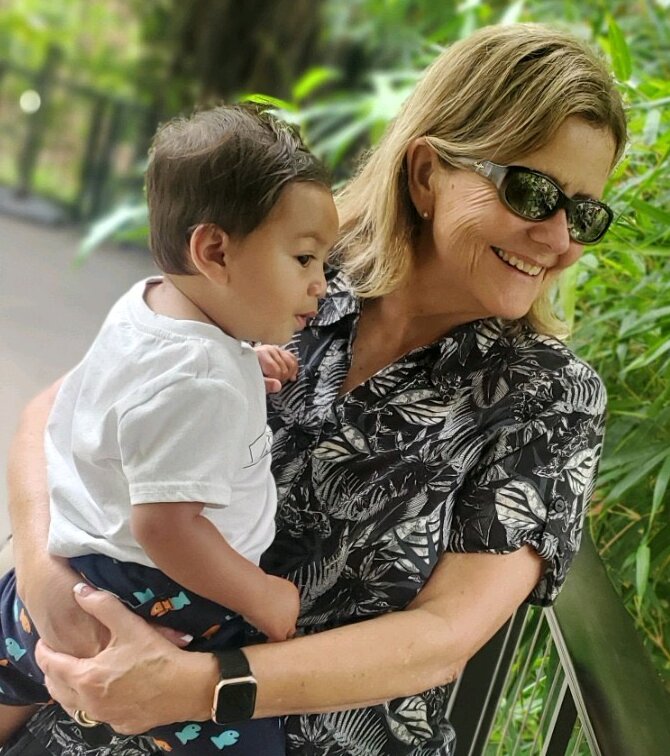
Heidi Wright
COO, EO Media Group, Salem, Oregon, and Publisher, The Bulletin, Bend, Oregon
First job in news:
I was the controller for The Montana Standard in Butte, Montana, a Lee Enterprises newspaper.
What are some of the most important lessons you have learned while working in news?
Staying connected to the communities we service. Job #1 is to provide credible, relevant content that reflects the communities we serve.
When you reflect on your career to date, what brings you the greatest sense of accomplishment?
It’s not an accomplishment but a realization that many community members care deeply about our industry’s survival and stand ready to help if asked. We saw that when the former owners of The Bulletin went into bankruptcy, and several community leaders saw EO Media as the right company to “ride the horse out of the swamp,” as one investor (the late Bill Smith) put it. In 2019, these investors stepped up with financial support to back our bid in the bankruptcy court. Four years later, we have repaid the loans and have delivered on our commitment to provide the locally-produced content they entrusted us to keep alive.
We also experienced the community's passion and support in Medford, Oregon, when the Pulitzer Prize-winning Mail Tribune suddenly shutdown earlier this year. Thanks to our owners seeing an opportunity and the company's ability to pivot quickly, we were able to start up the Rogue Valley Times within a month, attracting top talent and a significant subscriber base out of the gates.
What are your predictions for where news publishing/news media is heading?
I think there is a sustainable business model for news publishers, but it is directly tied to actually staffing our newsrooms. If there is a local newsroom to serve the market, there is a legitimate product to sell to subscribers and a pipeline for attracting the next generation of journalists.
Developing philanthropy and non-traditional B2B revenue streams and how our industry responds to the new world of AI will be increasingly important.
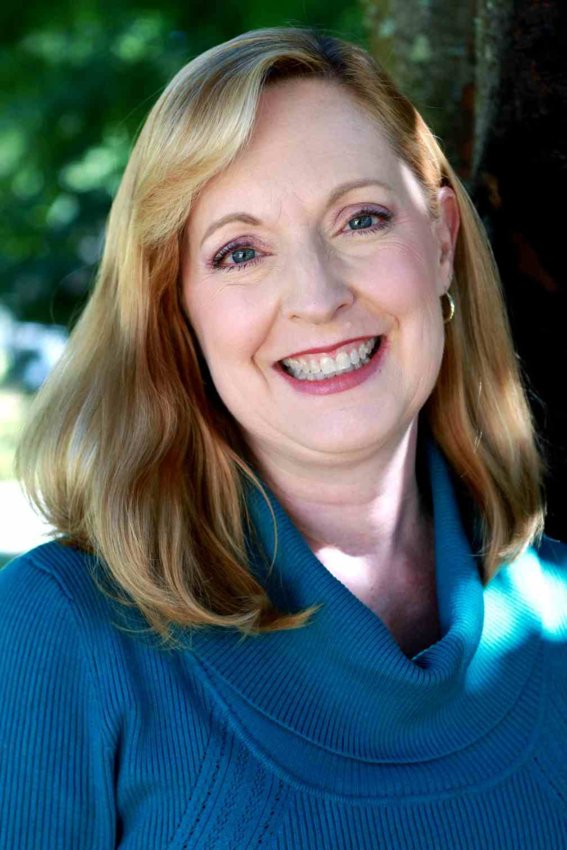 Robin Blinder is E&P's editor-in-chief. She has been with E&P for three years. She can be reached at robin@editorandpublisher.com.
Robin Blinder is E&P's editor-in-chief. She has been with E&P for three years. She can be reached at robin@editorandpublisher.com.
Comments
No comments on this item Please log in to comment by clicking here